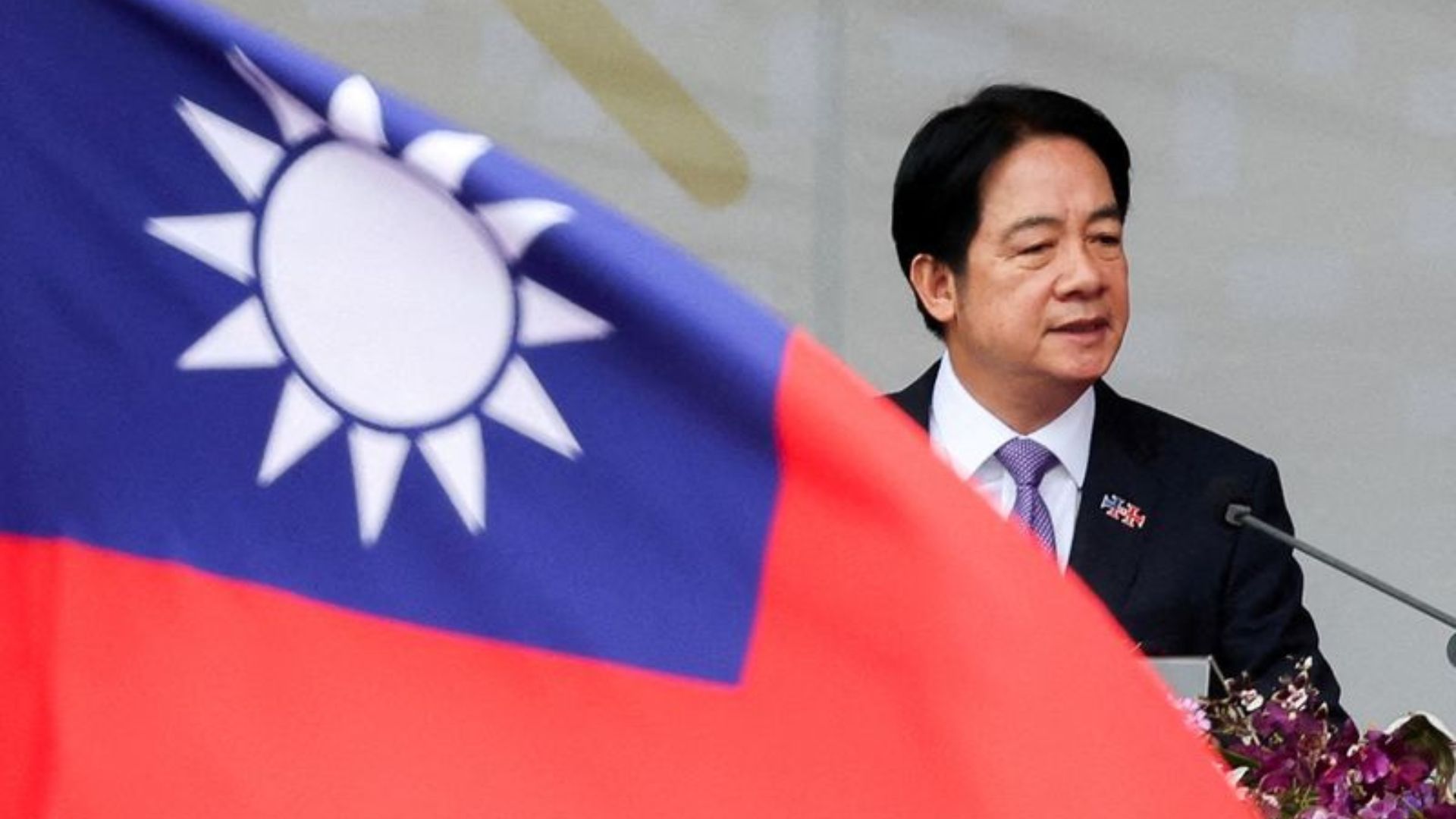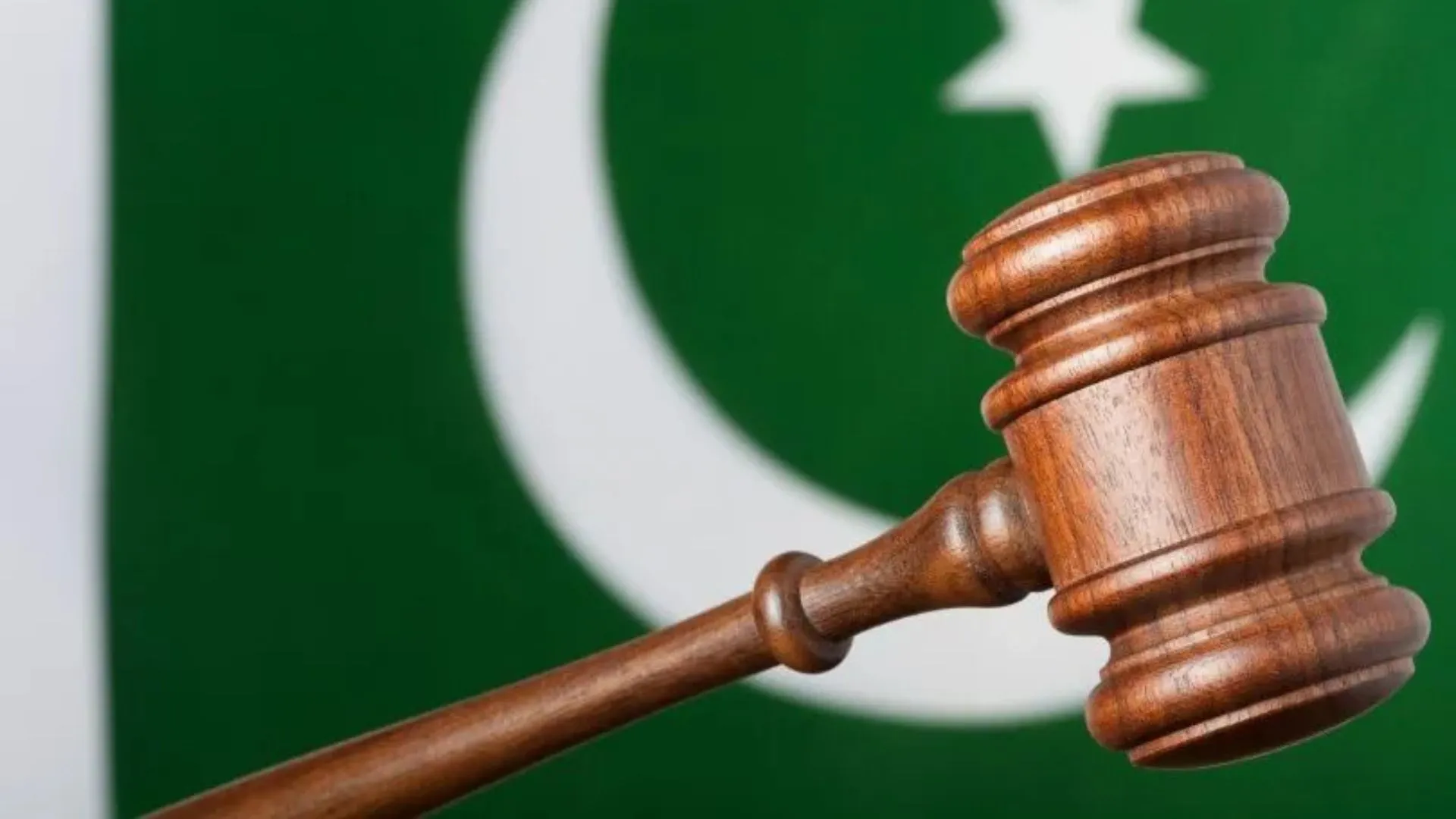Taiwan’s cabinet issued a stark warning on Monday regarding the potential risks to the island’s security following the passage of legislation by opposition parties that mandates significant cuts in government spending, including defense. This development comes at a time when China has intensified its military activities in the region.
The opposition, which holds a majority in parliament, recently approved laws that shift funding from the central government to local municipalities. This move has been met with strong opposition from the ruling Democratic Progressive Party (DPP) and has sparked protests involving thousands of citizens.
Finance Minister Chuang Tsui-yun expressed concerns
Finance Minister Chuang Tsui-yun expressed concerns during a media briefing, stating that the new legislation would “seriously weaken the central government’s financing.” He indicated that the government may need to resort to increased debt financing to meet the new funding requirements.
According to the Directorate General of Budget, Accounting and Statistics, the central government will need to cut 28% from a major section of its budget proposal for the upcoming year, which includes T$294.5 billion allocated for defense.
Taiwan President Lai Ching-te echoed these concerns in a Facebook post over the weekend, warning that the legislation could “seriously crowd out the defense budget” and significantly impact Taiwan’s combat capacity. He emphasized that the national security and safety of the 23 million Taiwanese people are at risk.
In August, the cabinet proposed a record-high defense budget of T$647 billion, reflecting a 7.7% year-on-year increase, aimed at bolstering Taiwan’s military capabilities in response to growing threats from Beijing. China considers Taiwan a part of its territory and has ramped up military pressure to assert its claims, which Taipei vehemently rejects.
Cabinet spokesperson Michelle Lee stated that the government would explore “every possible administrative remedy” permitted by the constitution to safeguard the budget. She noted that the cabinet may need to revise the budget proposal for the next fiscal year, which is currently pending parliamentary approval.
The DPP lost its parliamentary majority in the January elections and is now facing significant challenges from the opposition on various issues.














